Regelbunden rengöring av butikskyla och kylaggregat säkerställer optimal kylförmåga, minskar energikostnader och förlänger utrustningens livslängd. Skydda dina varor och uppfyll miljökrav – kontakta oss för en prisförfrågan idag!
Inom livsmedelsindustrin spelar butikskyla och kylaggregat en avgörande roll för att hålla produkter fräscha och säkra. Trots detta är det många butiker som inte underhåller sin kylutrustning regelbundet. Smuts och damm som samlas kan orsaka flera problem, såsom minskat luftflöde, blockerade avlopp och reducerad kapacitet på kylbatterier. Dessa problem kan leda till att livsmedel förvaras i fel temperaturer, vilket ökar risken för förstörda varor och ekonomiska förluster. Vattenläckage från blockerade avlopp kan dessutom orsaka skador och halkrisker på butiksgolvet.
Genom att regelbundet rengöra butikskyla och kylaggregat kan dessa risker minimeras, vilket säkerställer en trygg och effektiv kylmiljö för både företag och kunder.

Håller kylutrustning och kylaggregat i optimalt skick för effektiv kylning.
Förhindrar tillväxt av legionella, mögel och andra skadliga ämnen.
Skyddar ytor och komponenter från skador, vilket förlänger systemets livslängd.
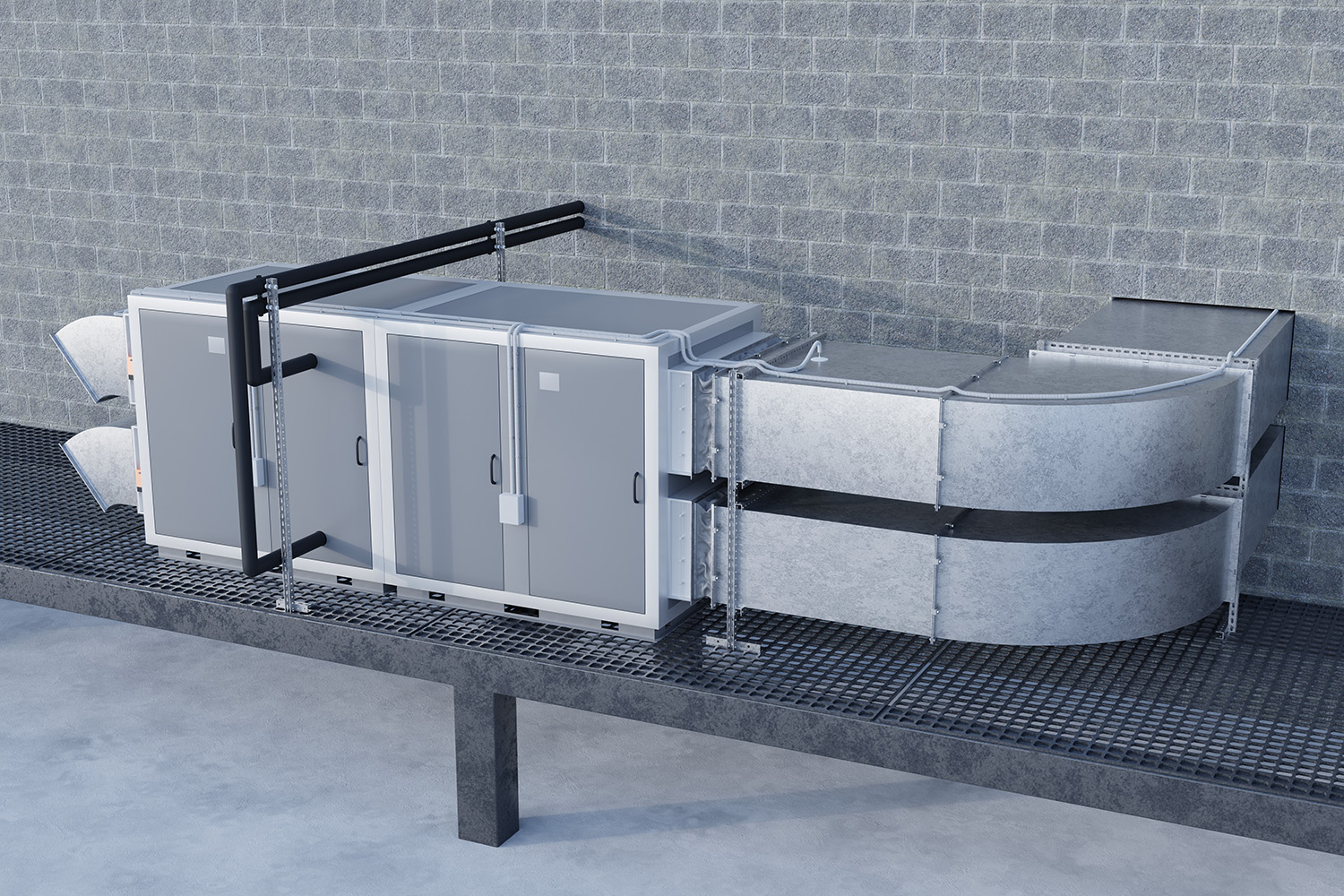
På Nordisk Energioptimering tar vi ett helhetsgrepp om rengöringen av dina kyl- och frysanläggningar. Vi ser till att utrustningen inte bara fungerar felfritt, utan även är energieffektiv och miljöanpassad. Vår tjänst riktar sig till allt från mindre butiker till större stormarknader, och vi fokuserar på att minska onödig energiförbrukning. En väl underhållen kylinstallation är både ekonomiskt och ekologiskt fördelaktig – så att du kan fokusera på din verksamhet.
Fördelar med
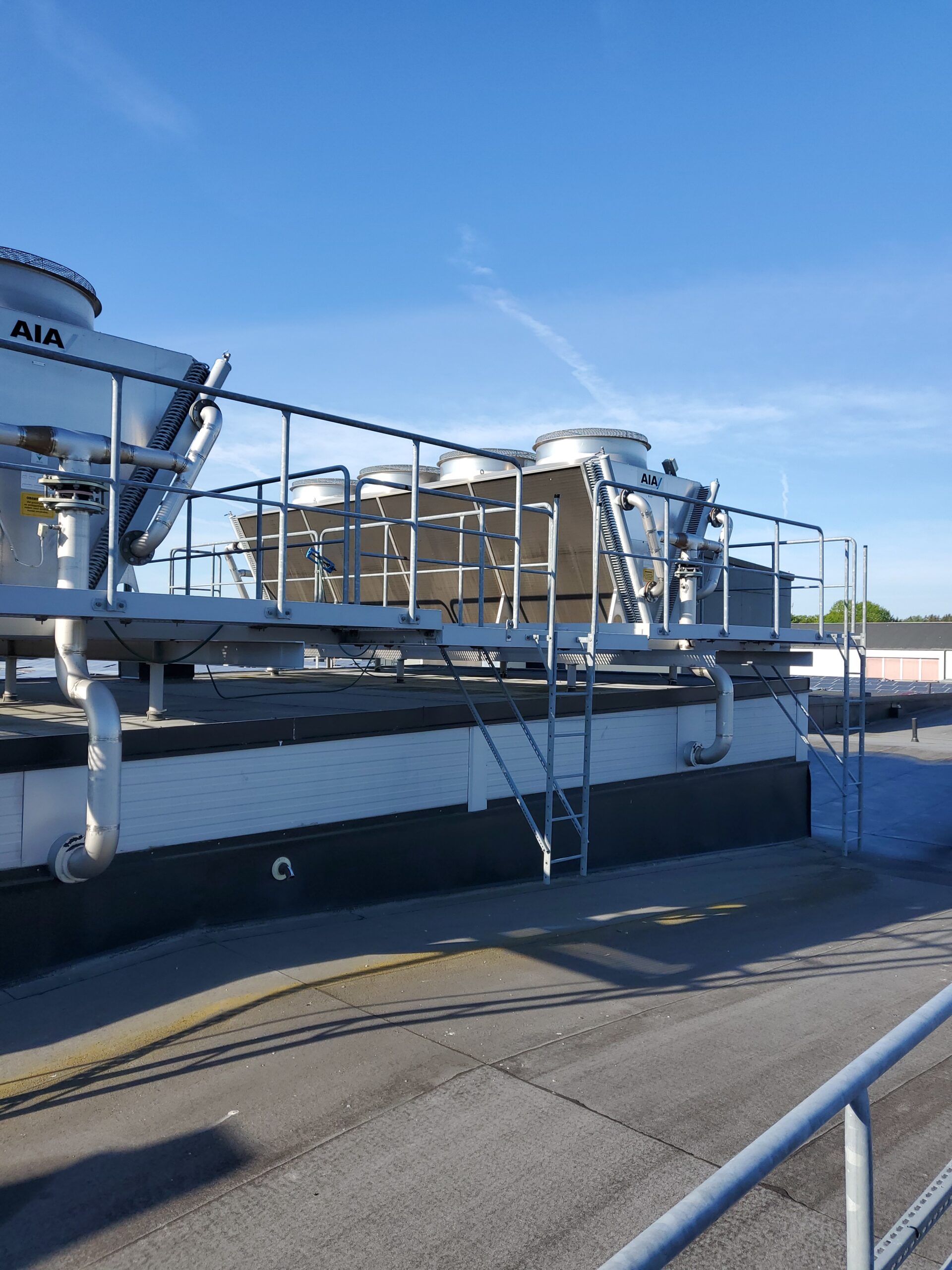
Effektiv rengöring som minimerar driftstopp och sparar tid.
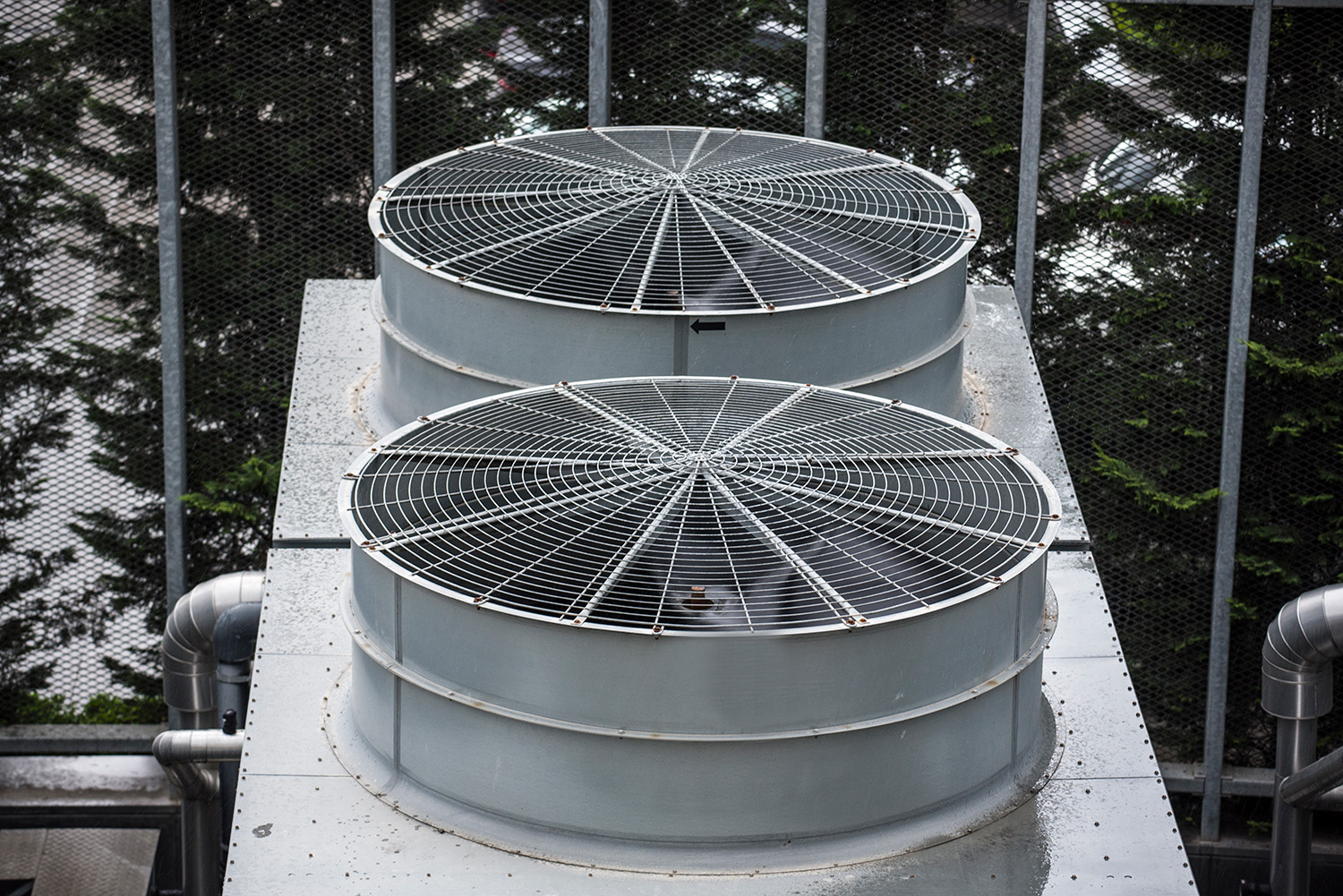
Höjer prestandan och minskar energiförbrukningen.
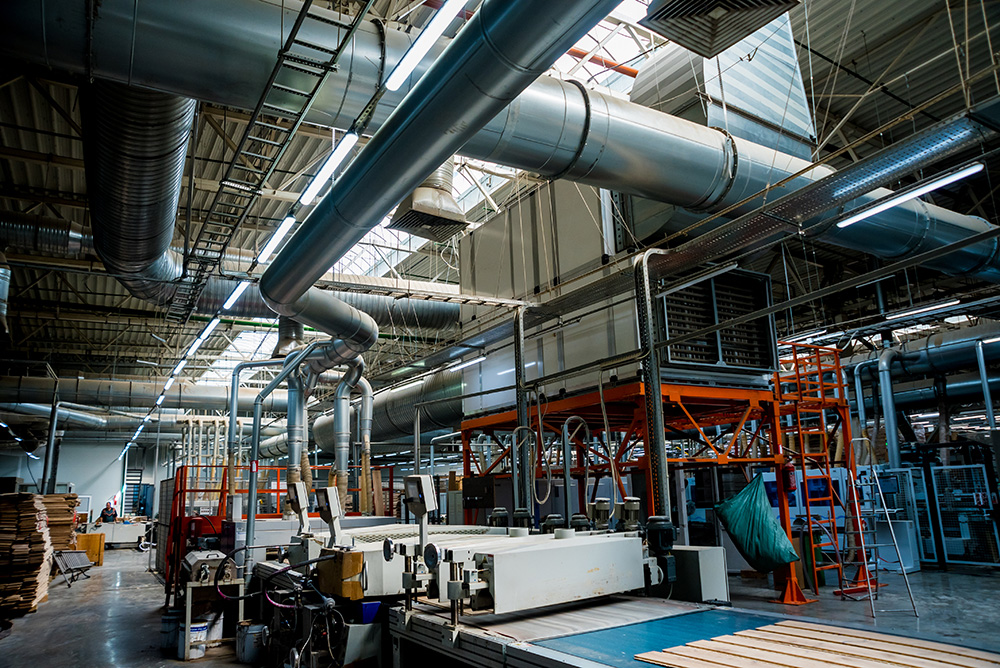
Kostnadseffektivt med snabb återbetalning på 6-12 månader.
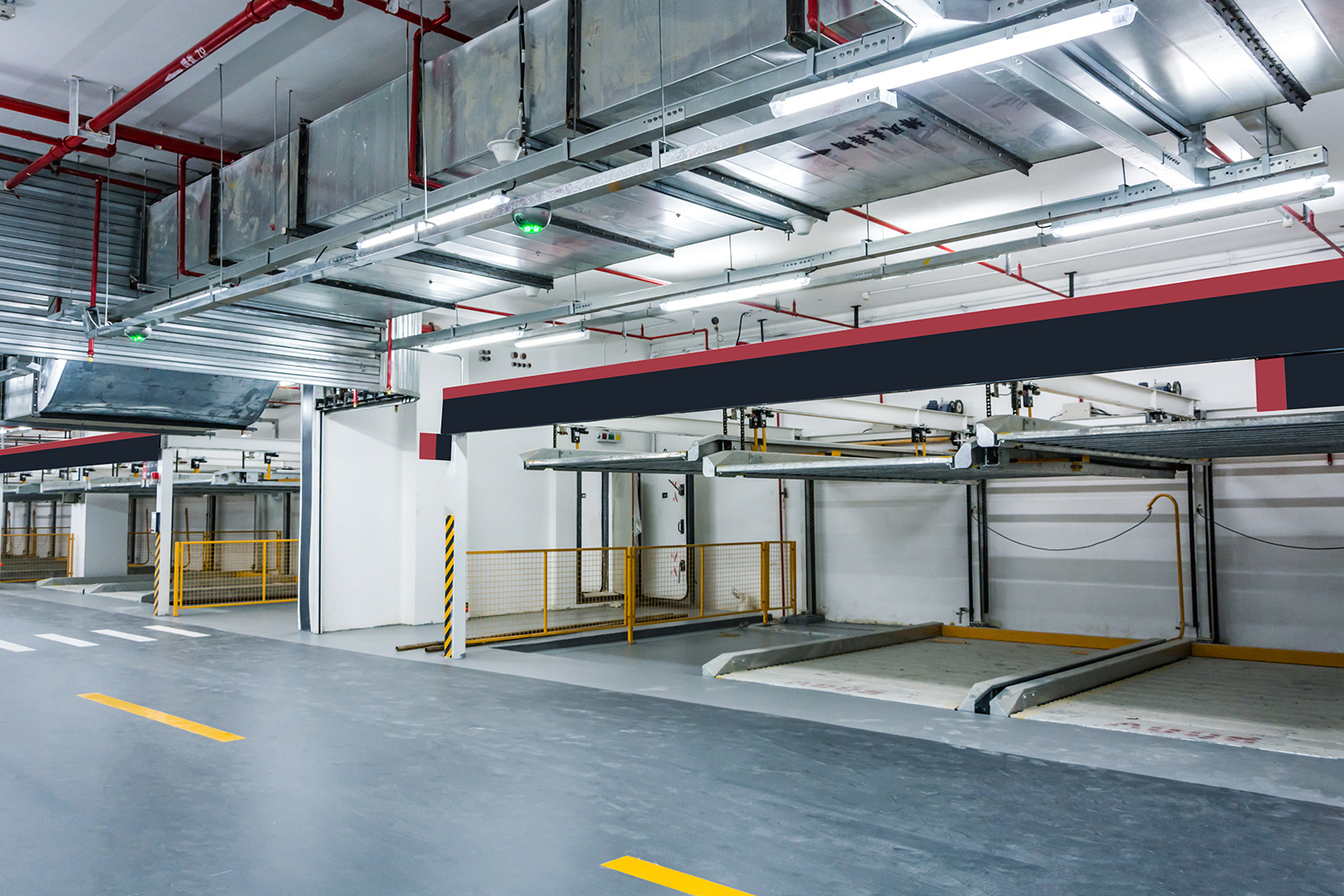
Miljövänlig metod kemikalier och avfall.
F-gasförordningen innebär att många äldre kylsystem inom livsmedelsindustrin snart kommer behöva uppgraderas för att minska utsläppen av växthusgaser. Genom att byta till nyare, energieffektiva system kan butiker inte bara följa förordningen, utan även spara pengar på lång sikt. Vi rekommenderar att livsmedelsbutiker tar tillfället i akt att uppgradera och rengöra sina kylsystem för att garantera effektivitet och driftsäkerhet framöver.

Vår process är utformad för att ge dig en trygg och effektiv tjänst från start till mål. Vi arbetar metodiskt för att identifiera problem, genomföra noggranna åtgärder och ge vägledning som säkerställer långsiktiga resultat.
Vi utför en grundlig inspektion för att fastställa smutsens omfattning och vilken metod som passar bäst.
NEO-metoden implementeras, vilket säkerställer att alla avlagringar tas bort utan att skada kylaggregatet.
Efter rengöringen görs en slutlig inspektion för att säkerställa maximal prestanda och hållbarhet.
Vill du optimera energikostnaderna och förbättra inomhusklimatet i din fastighet?
Klicka på knappen för en kostnadsfri prisförfrågan. Låt oss hjälpa dig att skapa en energieffektiv och hållbar drift genom professionell rengöring!
Här besvarar vi några utav det vanligaste frågorna vi får kring butikskyla och kylaggregat.
Vi rekommenderar regelbunden rengöring minst en gång per år för att säkerställa optimal funktion och energibesparing.
Utan regelbunden rengöring kan smuts och damm minska kylförmågan, vilket riskerar förvaringens säkerhet och kan leda till höga energikostnader.
Ja, vi använder metoder som är skonsamma för miljön, vilket minimerar användning av kemikalier och optimerar utrustningens energianvändning.
Genom att underhålla och rengöra utrustningen kan äldre aggregat anpassas bättre för effektiv drift och förberedas för en framtida uppgradering.
Har du ytterligare frågor eller bara vill ta ett samtal. Tveka inte på att kontakta oss!
Vi erbjuder professionella lösningar för allt från mögelsanering till rengöring av kyltorn, skräddarsydda för att säkerställa en säker och ren miljö i din fastighet.
Vår vision är att vara den mest erfarna och kompetenta energioptimeraren på marknaden. Med NEO-metoden är vi marknadsledande med denna specialrengöring för värme- och kylanläggningar för fastighet och industri.



